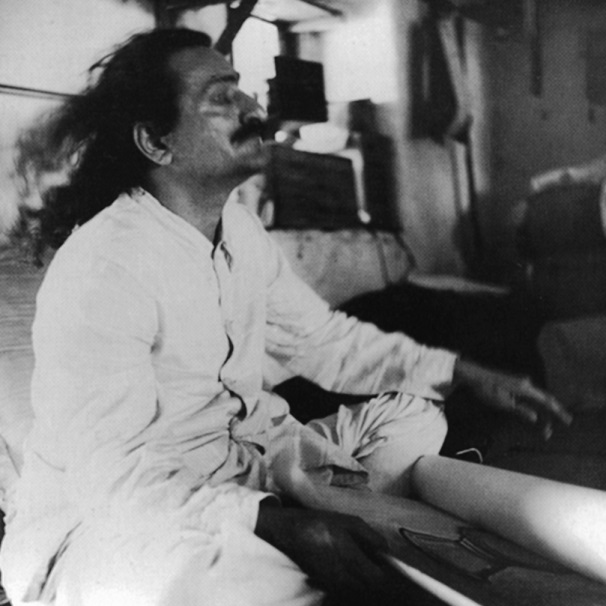
The unwinding of many other sanskaras can be brought about through penance. This consists in augmenting and expressing the feeling of remorse an individual feels after realizing that he has done
some wrongful act.
… It should, however, be carefully noted that there is always the danger in penance that the mind might dwell too long upon the wrongs done and thus develop the morbid habit of wailing and weeping over petty things. Such sentimental extravagance is often an indiscriminate waste of energy and is in no way helpful in the wearing out or the unwinding of sanskaras.
Penance should not be like the everyday repentance that follows everyday weaknesses. It should not become a tedious and sterile habit of immoderate and gloomy pondering over one’s own failings. Sincere penance does not consist in perpetuating grief for the wrongs but in resolving to avoid in the future those deeds that call forth remorse. If it leads to lack of self-respect or self-confidence, it has not served its true purpose, which is merely to render impossible the repetition of certain types of action.
-Discourses, 7th Ed., p44